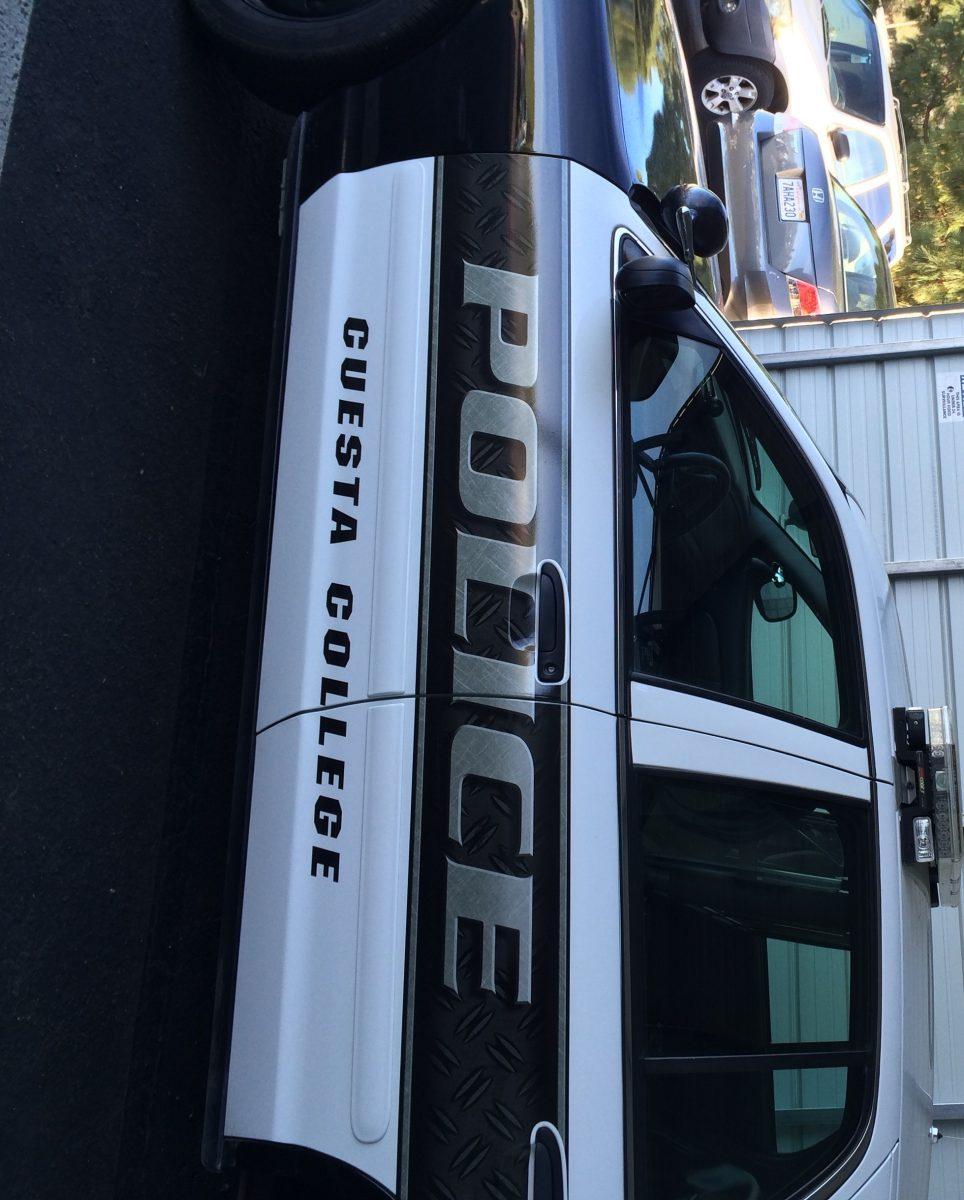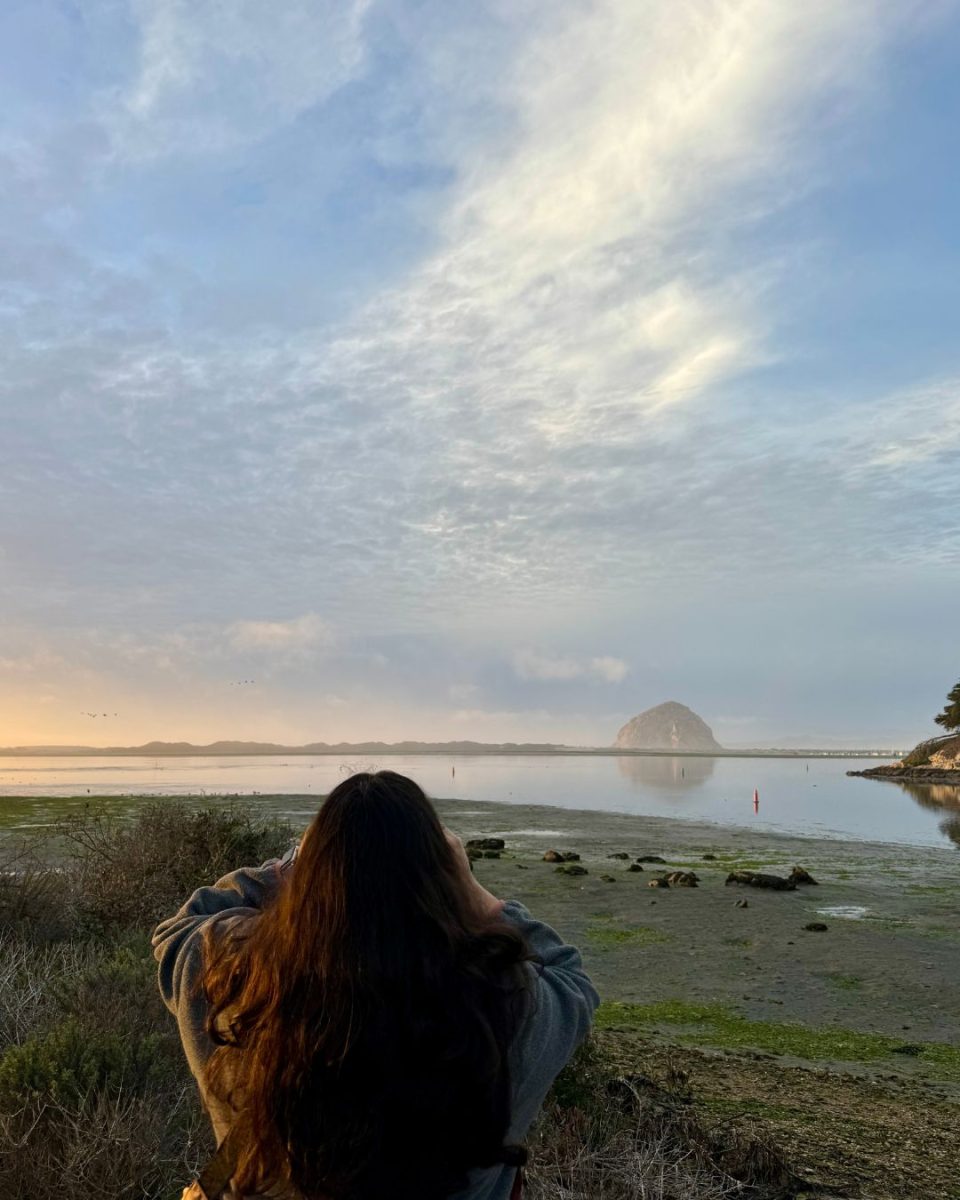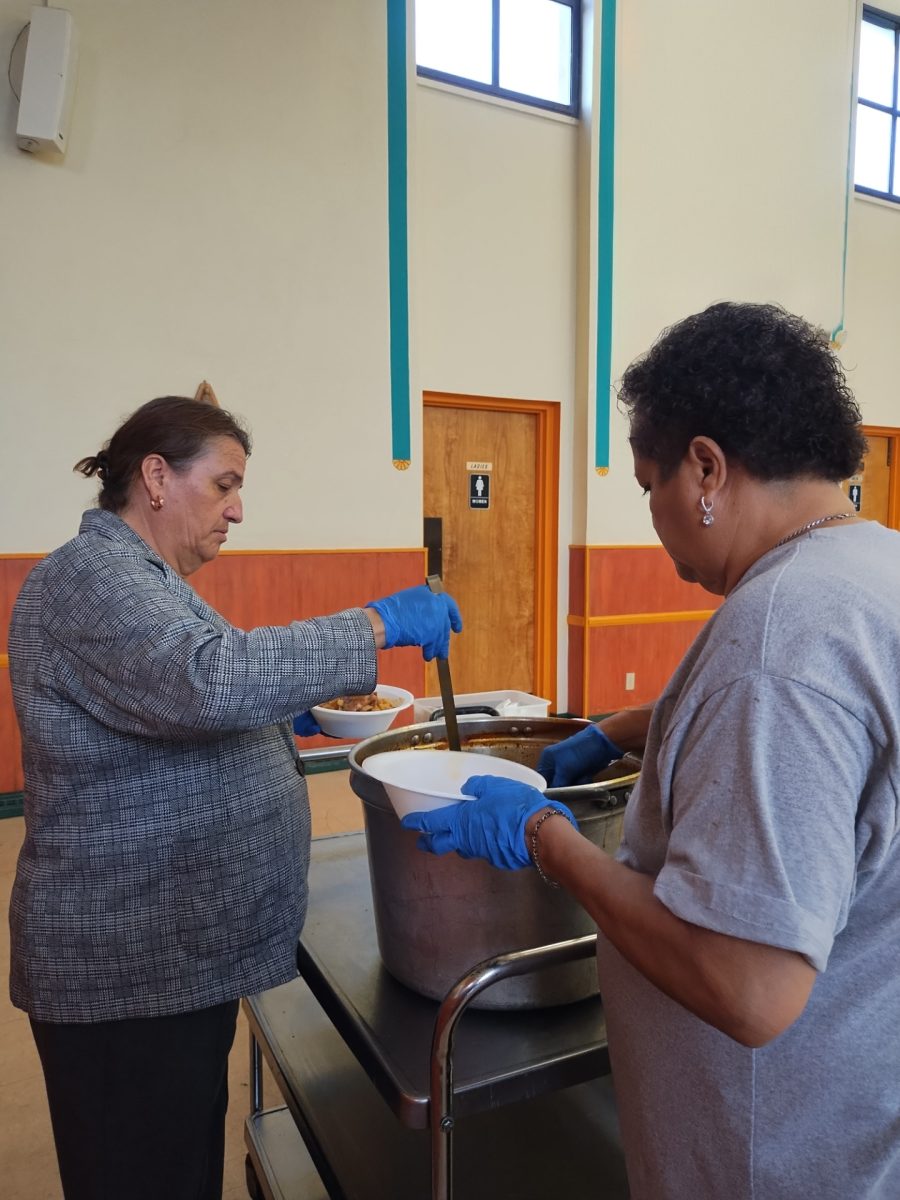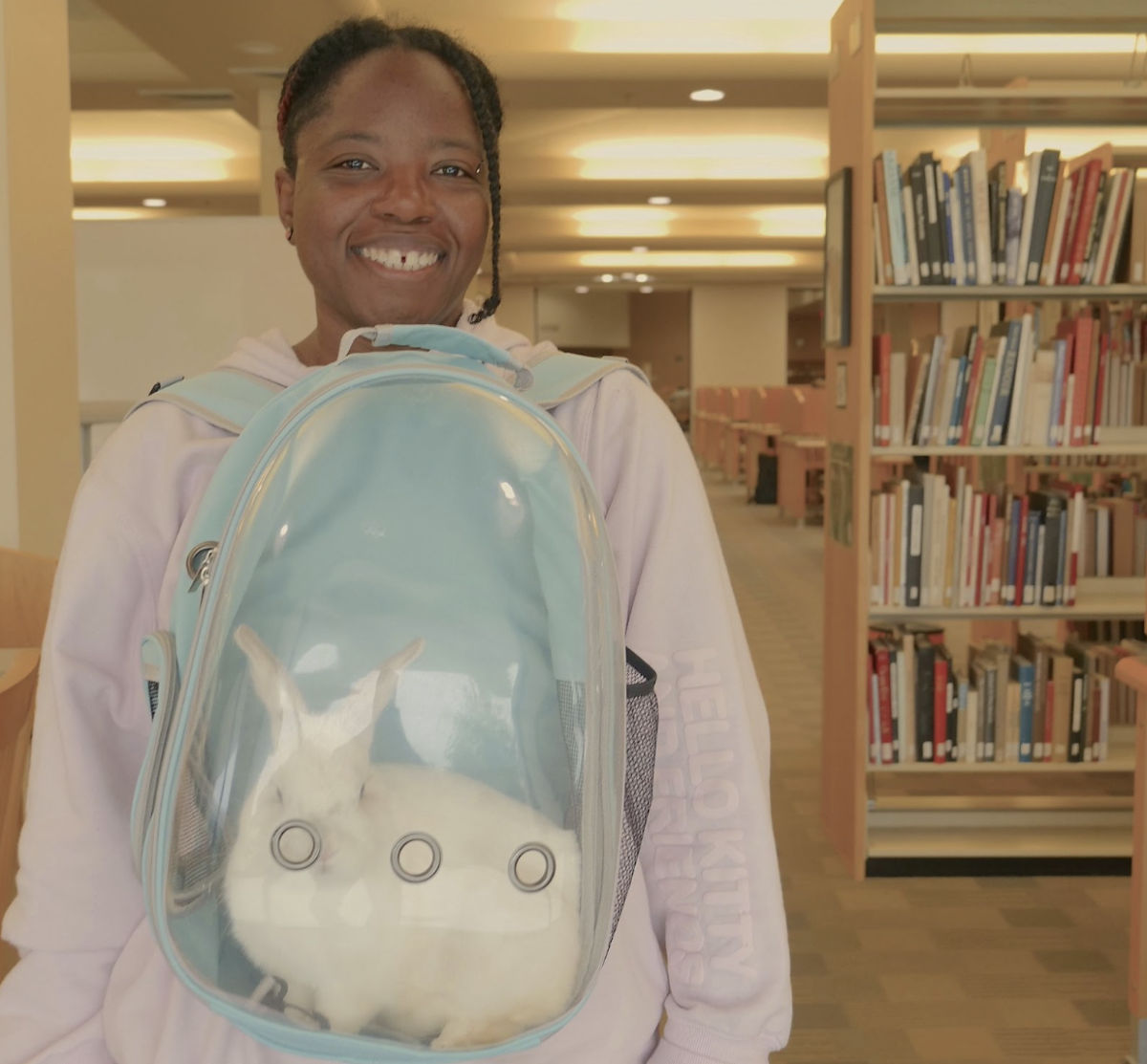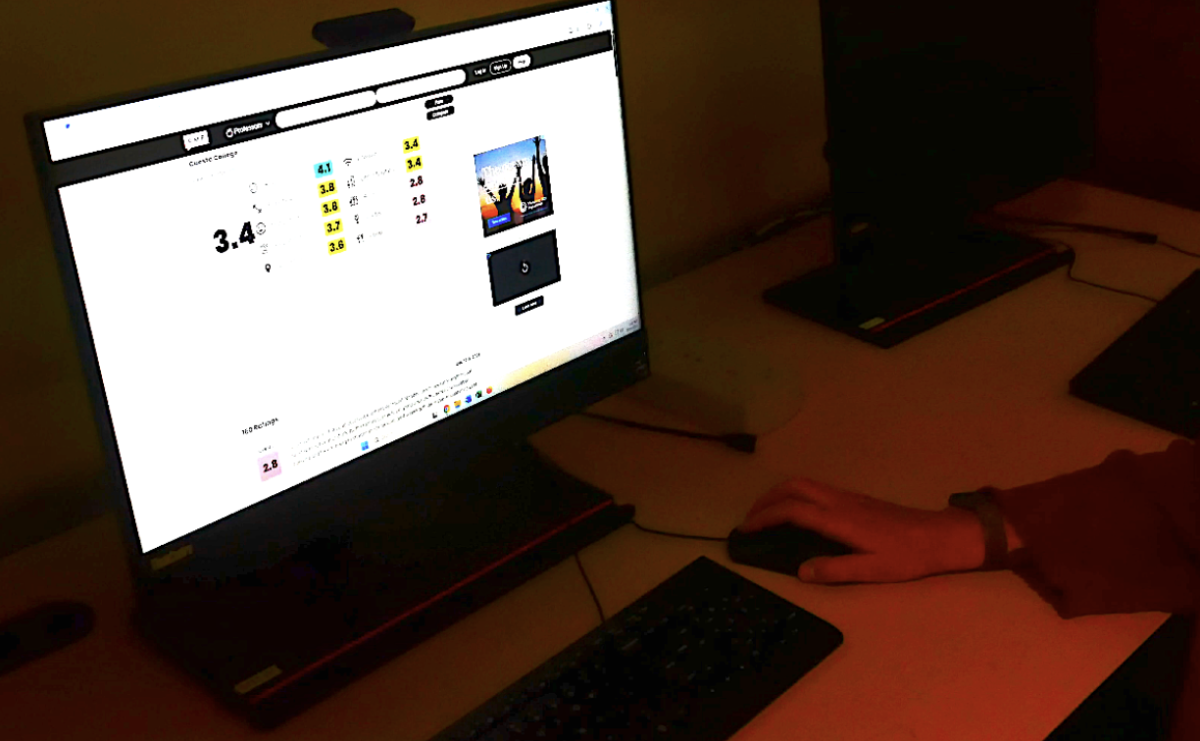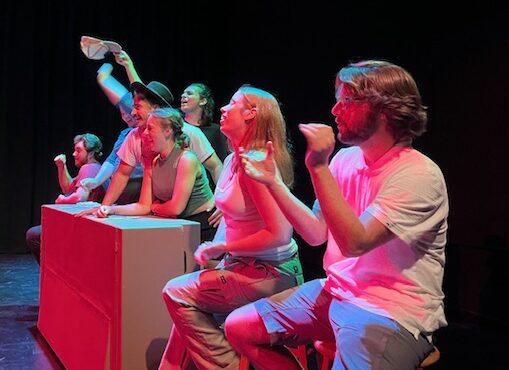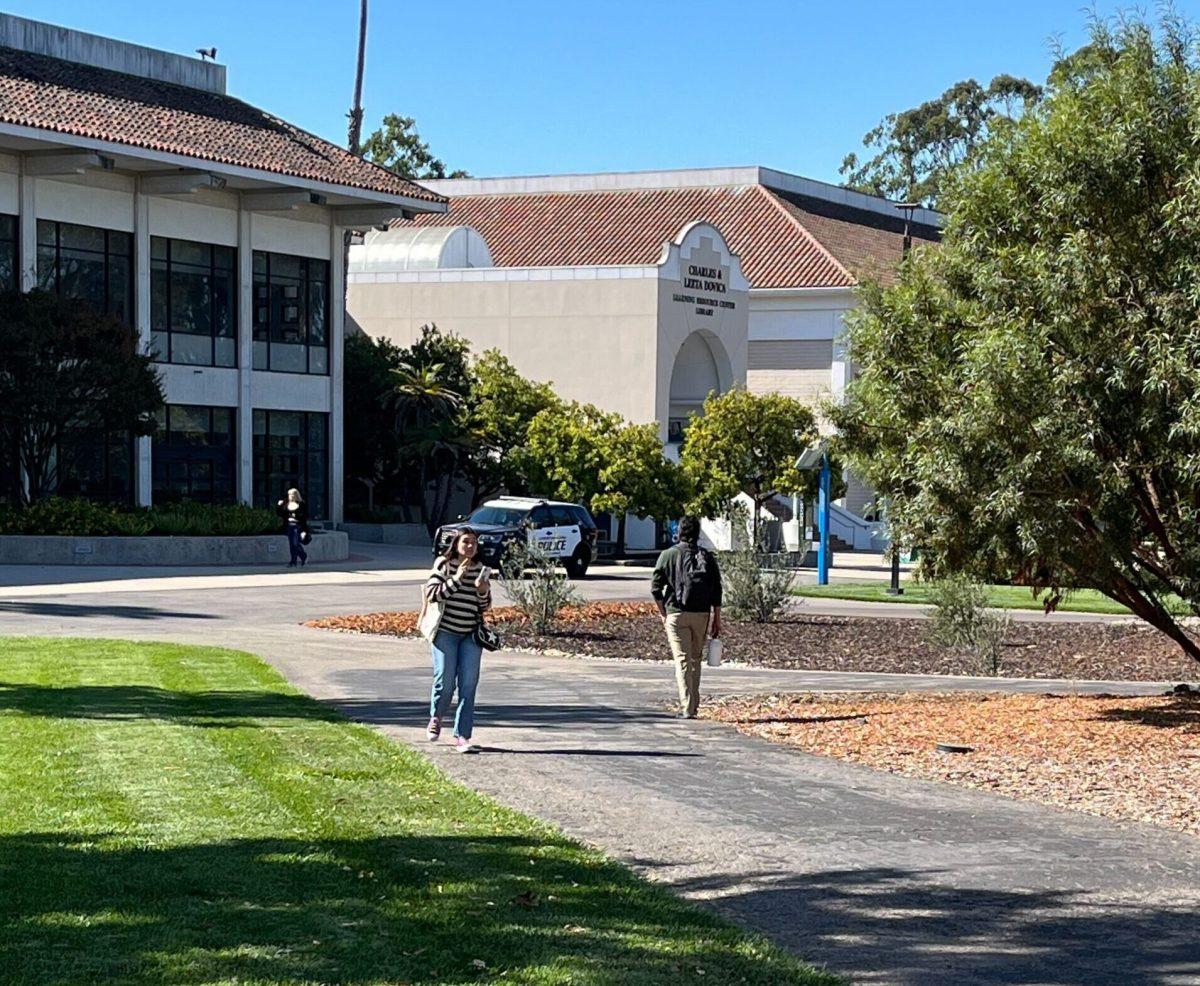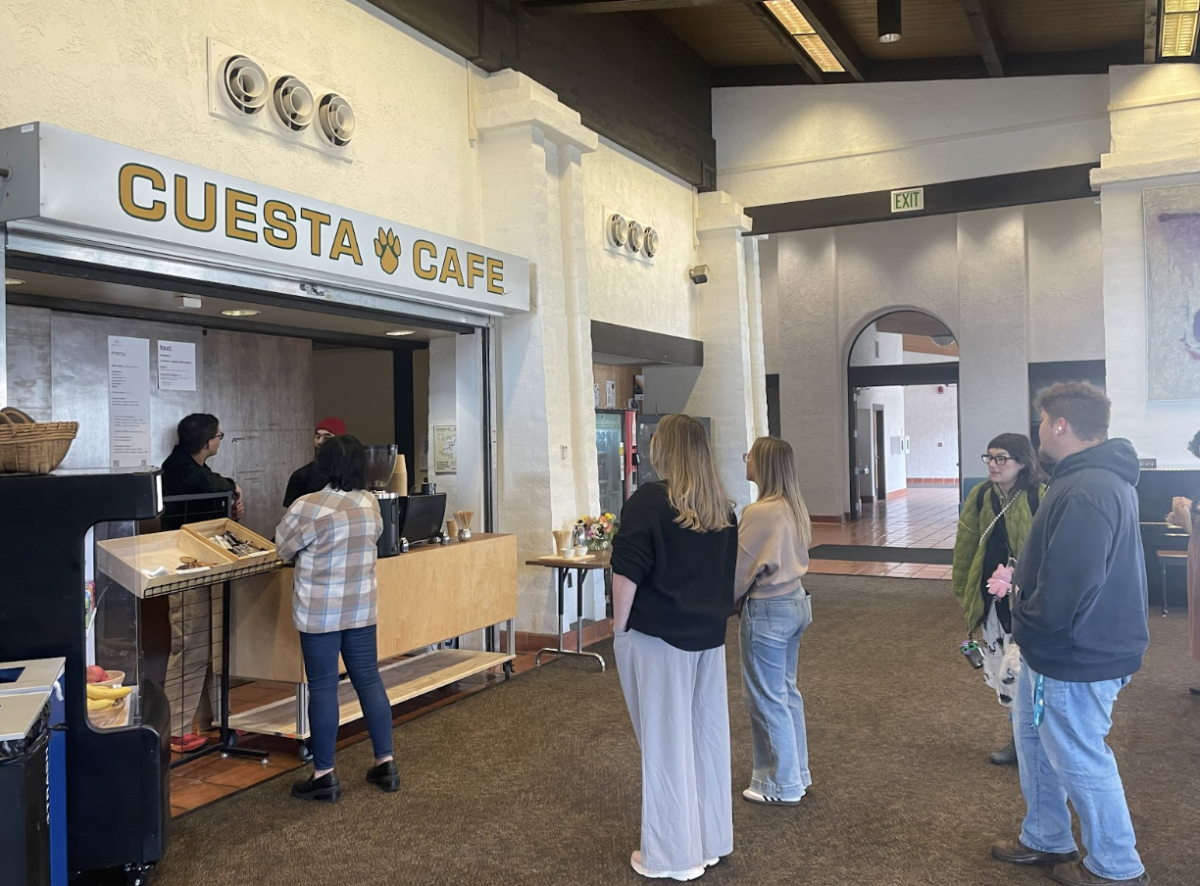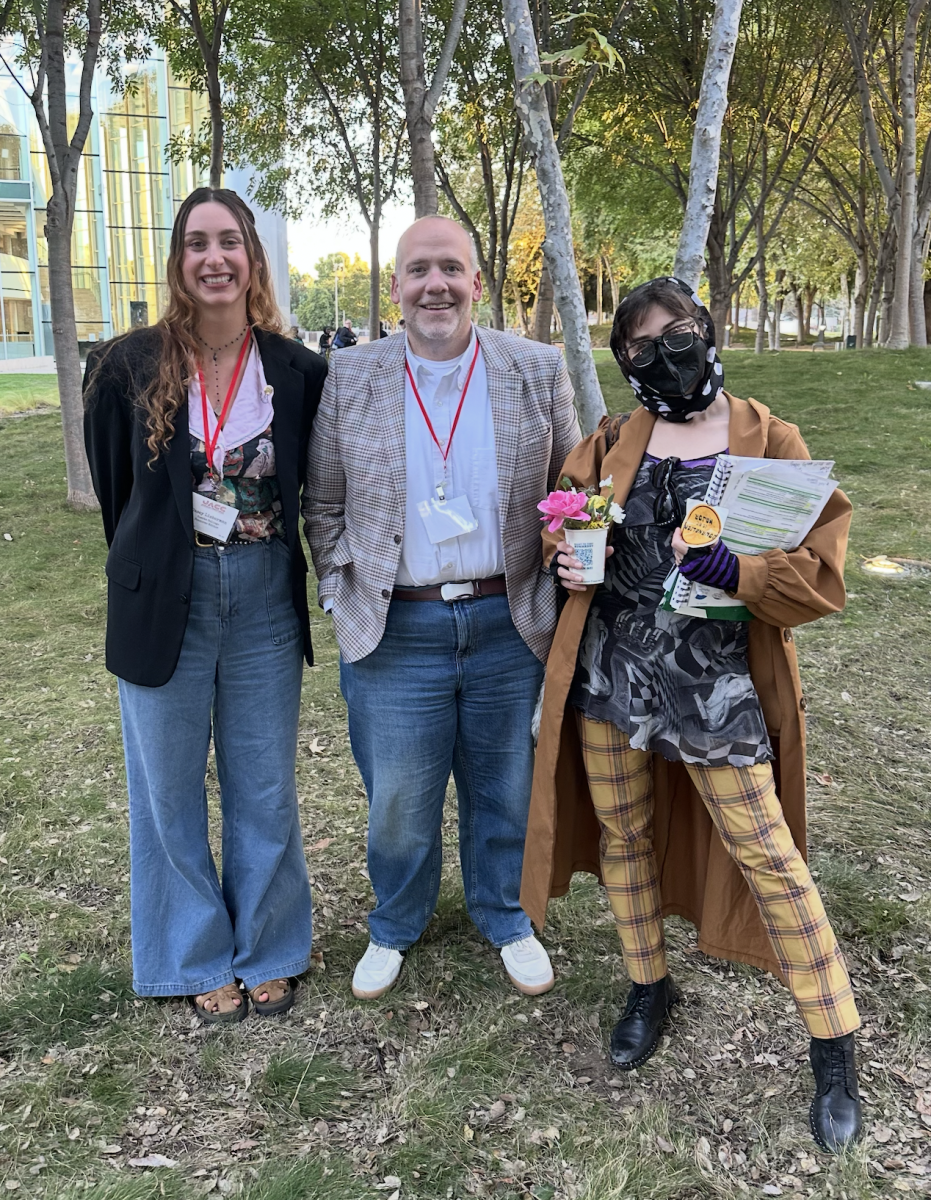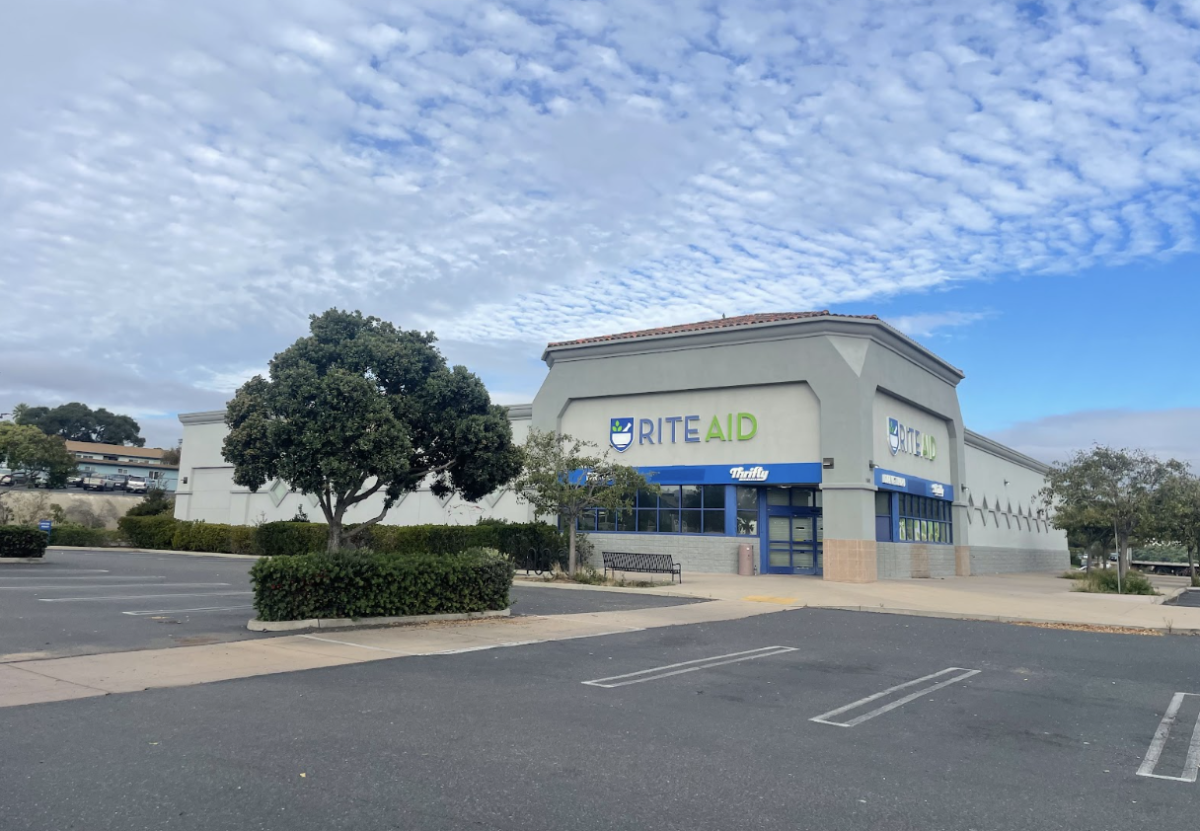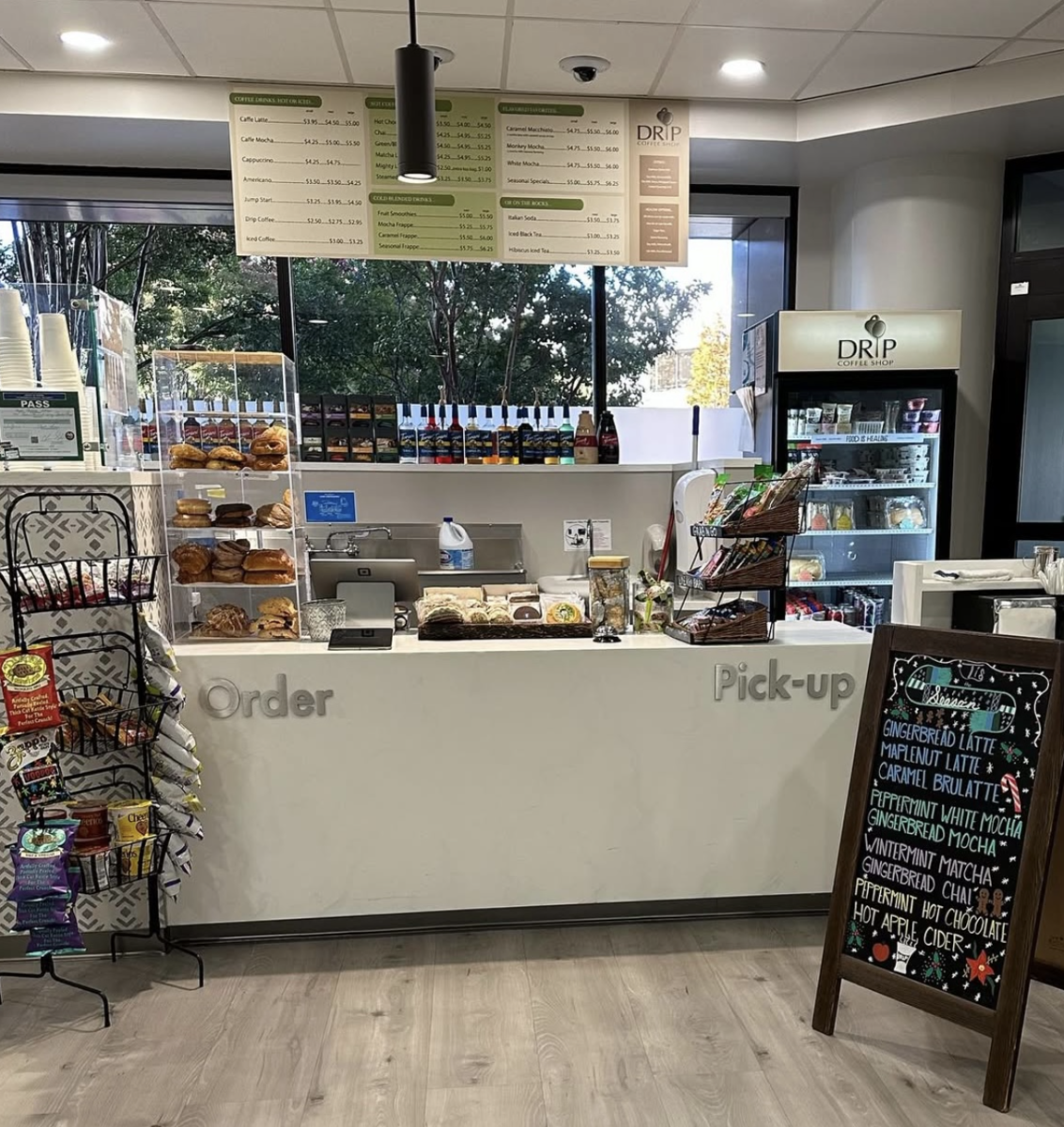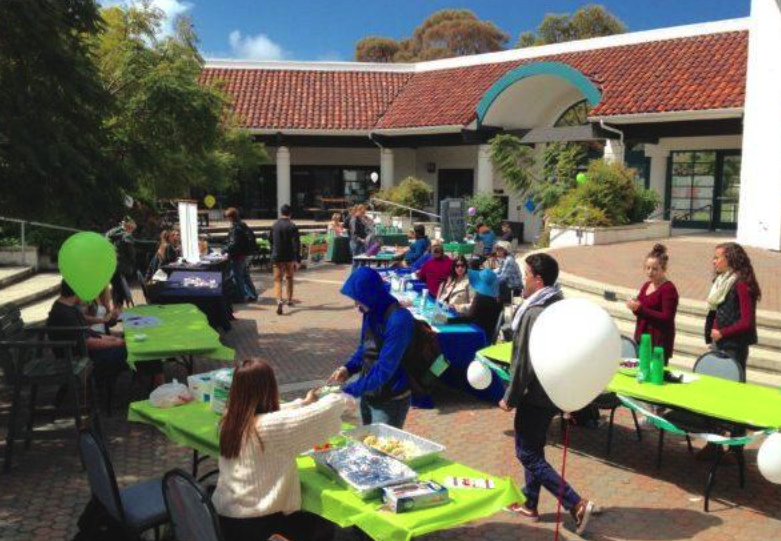By Andrew Conti
News Editor
Some Cuesta students and San Luis Obispo residents may find themselves staring into the lens of SLO County’s new method of checking up on law enforcement. Police body cameras are an idea that serves as justice to some, and food for thought to others.
Body cameras-originally used by the SLO police department for motorcycle officers, have undergone a recent rise in popularity. These cameras are now being worn by many officers on the street, within the jails, and soon on Cuesta College’s SLO campus.
“We’re in the process of actually testing out different camera models,†said Cuesta Police Chief Joe Arteaga.
Arteaga claims that the cameras chosen by Cuesta PD will require an on and off switch, remaining off unless conflict arises.
And while Arteaga has described his experience working at Cuesta as extremely positive, his experience with police body cameras hasn’t exactly been similar.
“If you’ve been aware of the [body] cameras, you know there’s issues that pop up with them, and there’s a myriad of issues.â€
Arteaga knows law enforcement like you know a sibling. He served as an officer at the Los Angeles County Sheriff for 31 years and retired as a lieutenant, then took over security at Universal Studios for five years. Now, as the Chief of Cuesta Police, Arteaga is aware of issues that arise while keeping people in check and the difficulties that follow. According to him, these cameras are no exception.
From domestic abuse calls with aggressively camera shy couples, to a homeowner’s confusion regarding whether or not their neighbor’s hired contractor is a burglar, Arteaga has seen these body cameras escalate situation after situation.
“Maybe somebody reported somebody suspicious entering a house, and now you’re investigating something,†said Arteaga, “and [they’re] perfectly innocent. You find out the family just contacted a contractor to fix something and now that guy doing his job is upset because he doesn’t want to be on camera as, you know, a burglar.â€
Another problem Arteaga has identified with the devices is based on their bodily placement alone.
“The best [type of camera] ideally, would be a pair of glasses that are eye level, so that when you turn, you’re seeing what the officer’s seeing. The problem is that the officer’s seeing one thing while the camera’s seeing another. So this guy could be pulling a gun and an officer sees it when he turns his head, but the body camera only really catches the officer defending himself.â€
Arteaga states that along with the camera’s poor ability to capture an event’s context in its entirety, in the instance of a suspect grabbing an officer, the cameras are often knocked loose.
“All you see at that point is the grass, or you know, a plant. It really makes it difficult to see what happened in a clear way. So we really are spending some time looking at different models and making sure we find something that will work most of the time.â€
Chief Arteaga is doing the best he can to ensure Cuesta College Police will be using the cameras responsibly and efficiently, but how do students feel about it?
“Yeah, the police should wear body cameras. It makes sure they don’t pull anything sketch on citizens,†said Samantha Stein, a first semester student at Cuesta, “it makes court cases more solid.â€
Kelly Upton, a second semester Cuesta student has also found herself in support of the cameras. “A cop’s not going to shoot you if there’s for sure video evidence. I’m honestly into the idea of downtown’s police department putting more of their cameras on the street.â€
Upton and Stein’s opinions are backed up by 2012 studies conducted by Chief Tony Farrar of the Rialto Police Department.
Farrar studied the effect of body cameras on his precinct’s officers for a twelve-month period. Over the course of his study, a decrease in complaints regarding police misbehavior dropped by 88 percent and complaints of police brutality had dropped 66 percent.
These potentially promising findings are statistically evident when cameras are used properly, but when used improperly, more downsides cometh.
Jake Farley, an RA at Stenner Glenn and fourth semester Cuesta student is worried that these cameras might actually be detrimental to the rights of citizens.
“Unfortunately there are some examples from courts that just basically ignore the police camera evidence, making it kind of a weapon for them to use rather than a fair recorder of evidence.†Said Farley.
Farley’s skeptical view on the body cameras is one shared by many, adding to the bittersweet and controversial gelato that makes up the body camera phenomenon.



